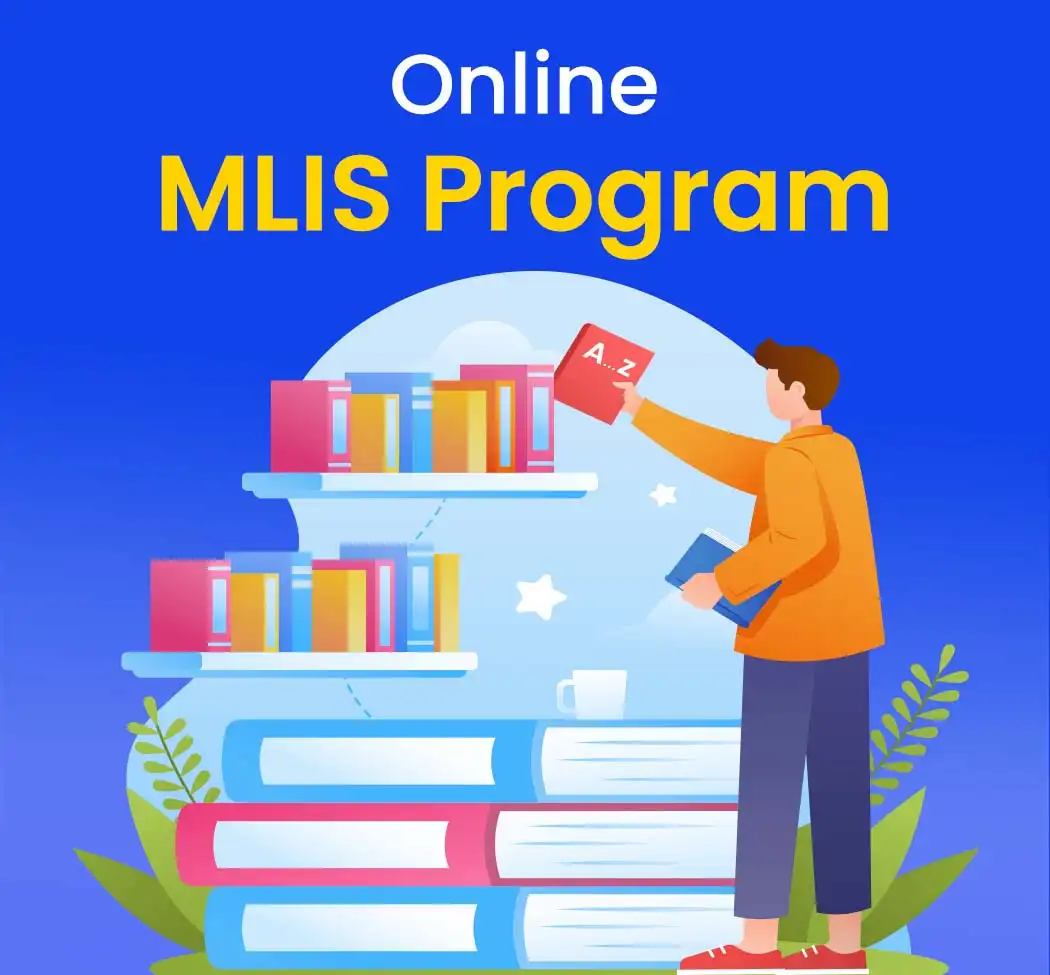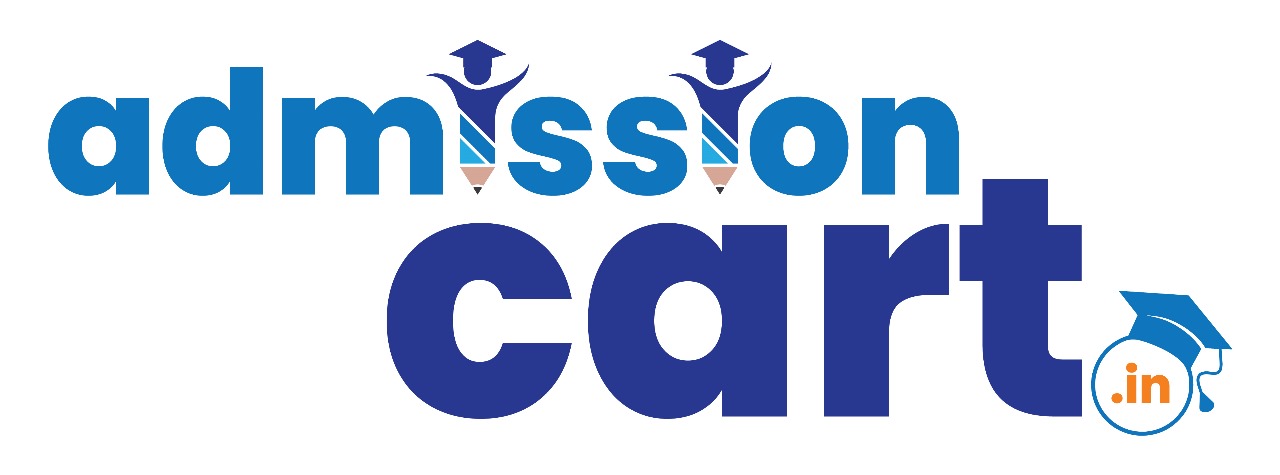Online MLIS
Master of Library and Information Science (MLIS) is a postgraduate degree program designed to impart knowledge and skills in library management, information organization, digital libraries, archival studies, and information technology.
Average fee: 25000
Duration: 2 Years
Eligibilty: Graduation or relevant degree from a recognized institution.
Universities: 0

Overview of Online MLIS
1. Overview of Online MLIS Programs
-
Master of Library and Information Science (MLIS) is a postgraduate degree program designed to impart knowledge and skills in library management, information organization, digital libraries, archival studies, and information technology.
-
Online MLIS programs in India provide the same curriculum and degree as traditional on-campus programs but offer the flexibility of studying remotely through virtual classrooms and online learning platforms.
2. Advantages of Online MLIS Programs
-
Flexibility: Study from anywhere and at your own pace, making it suitable for working professionals and individuals with personal commitments.
-
Accessibility: Access to quality education from reputed Indian universities without geographical constraints.
-
Cost-effectiveness: Potential savings on commuting, accommodation, and other associated costs compared to full-time on-campus programs.
3. Top Universities Offering Online MLIS Programs in India
Here are some prominent universities in India offering online MLIS programs:
-
Indira Gandhi National Open University (IGNOU): Offers an online MLIS program known for its extensive reach and flexible distance education.
-
University of Madras: Provides an online MLIS program through its Institute of Distance Education, focusing on library management and information science.
-
Sikkim Manipal University (SMU): Offers an online MLIS program covering topics like library automation, digital libraries, and information retrieval.
-
Annamalai University: Provides an online MLIS program with a comprehensive curriculum in library and information science.
4. Admission Criteria and Process
-
Eligibility: Typically requires a bachelor’s degree in any discipline from a recognized university. Some programs may require a background in library science or related fields.
-
Entrance Exams: Some universities may conduct entrance exams or require candidates to meet certain eligibility criteria based on academic performance and work experience.
-
Application Process: Involves filling out an online application form, submitting academic transcripts, and possibly letters of recommendation or a statement of purpose (SOP).
5. Curriculum and Course Structure
-
Core Courses: Cover fundamental topics such as Information Sources and Services, Cataloging and Classification, Library Management, Digital Libraries, Research Methods, and Information Technology.
-
Elective Courses: Offered in specialized areas such as Archives Management, Academic Libraries, Public Libraries, Digital Preservation, and Information Retrieval Systems.
6. Learning Experience and Resources
-
Online Platforms: Utilize learning management systems (LMS) for virtual lectures, assignments, group projects, and discussions.
-
Interactive Tools: Access to online libraries, e-resources, digital repositories, and webinars to enhance learning and research capabilities.
-
Support Services: Receive academic guidance, career counseling, and technical assistance remotely. Many universities also offer networking opportunities with faculty and alumni.
7. Career Opportunities
-
Job Roles: Graduates can pursue careers as Librarians, Information Managers, Knowledge Managers, Archivists, Metadata Specialists, Research Analysts, and Information Consultants in libraries, educational institutions, government agencies, corporate organizations, and research centers.
-
Industry Demand: There is a growing demand for MLIS graduates skilled in managing digital information, providing information services, and implementing technological advancements in libraries and information centers.
8. Accreditation and Quality Assurance
-
Accreditation: Ensure that the online MLIS program is recognized and accredited by regulatory bodies like UGC, AICTE, or specific accreditation agencies in library and information science education.
-
Program Reputation: Consider university rankings, alumni feedback, faculty credentials, and industry collaborations to assess the program's credibility and relevance in the field.
9. Costs and Financial Aid
-
Tuition Fees: Vary by institution and program structure. Evaluate overall program costs including tuition fees, examination fees, study materials, and any additional charges.
-
Financial Aid: Some universities offer scholarships, grants, or flexible payment options to support students in financing their education. Check with the institution for available financial aid opportunities and eligibility criteria.
10. Tips for Success in Online Learning
-
Time Management: Develop a study schedule, set goals, and prioritize tasks to meet deadlines for assignments, exams, and projects.
-
Engagement: Actively participate in online discussions, collaborate with peers, and utilize networking opportunities provided by the program.
-
Self-discipline: Stay motivated, maintain focus, and utilize available resources effectively to maximize learning outcomes and professional growth.
